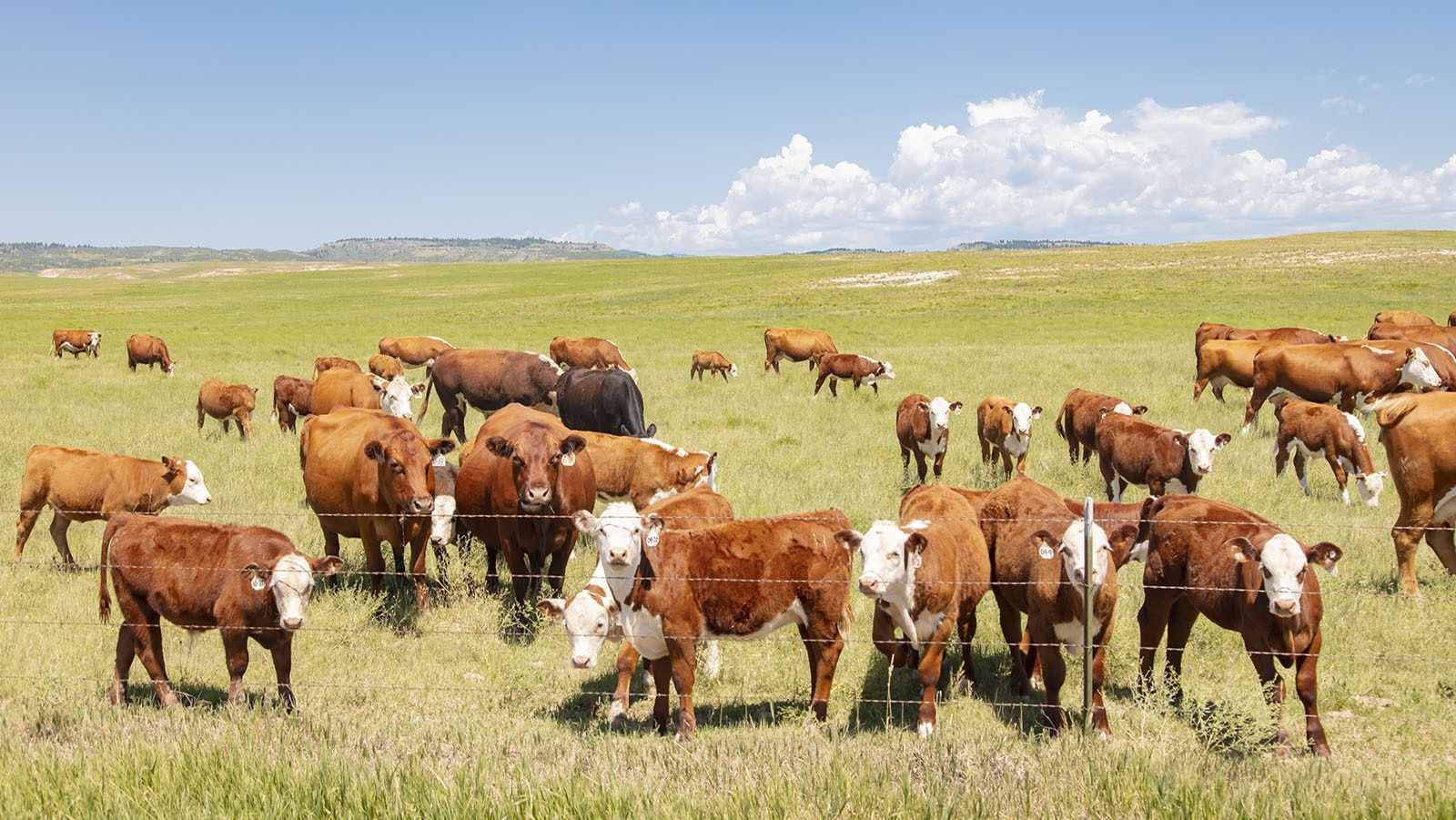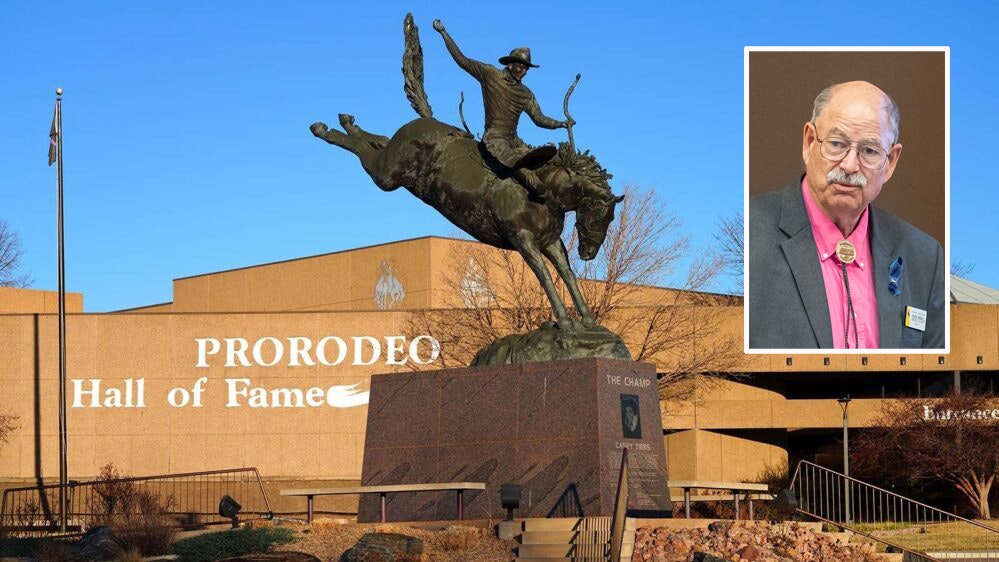A pair of bills forwarded by the Wyoming House Agriculture Committee could improve things for ranchers grazing cattle on state lands, including letting them manage others’ cattle there.
Running livestock for others on grazing leases is becoming more commonplace among cattle and sheep ranchers, said Jim Magagna, a sheep rancher and executive vice president of the Wyoming Stock Growers Association.
As long as the primary leaseholder is directly “managing” the livestock, and there aren’t any more animals than the lease allows for, that shouldn’t count as a sub-lease, he told the committee Thursday.
That’s the gist of House Bill 17, which the committee voted to forward.
Management Or Sublease?
Not counting others’ cattle on a state land grazing lease allotment as subleasing could cut into revenue for Wyoming’s schools, school trust lands advocate Marguerite Herman told the committee.
“It is essentially subleasing,” she said. “Who is in charge of the cattle is less important than this being a sublease.”
The primary purpose of state lands is to generate money for public schools through grazing or other leased uses.
The Wyoming Office of State Lands and Investments processes about 375-400 subleases on grazing allotments each year, said Jason Crowder, the agency’s deputy director.
That amounts to about $1 million of an average $6.3 million in annual grazing lease revenue.
The committee agreed with the assessment of Magana and others that so long as the number of animals doesn’t exceed what was allotted in the original lease, the person holding the primary lease could still effectively manage somebody else’s livestock as their own on the property.
A true sublease would have to involve additional livestock animals that weren’t under the original leaseholder’s direct management, said committee chairman Rep. John Eklund, R-Torrington.
More Room For Improvements
The committee also passed HB 16, which would raise the price of improvements ranchers could make to state land leases without getting clearance from the state.
The bill also clarifies that primary leaseholders could be compensated fair market value for any major improvements they made on state lands once their lease expires or the state sells the land.
A limit of $2,000 for improvements that could be made without official clearance was set in 1997, Crowder said. The bill boosts that to $4,000, which reflects inflation since 1997. That would mean leaseholders could make improvements that cost less than $4,000 without having to wait for his office’s approval.
That should make it easier for leaseholders to respond to emergencies, such as a water well pump breaking, without having to wait for official clearance, committee member Rep. Allen Slagle, R-Newcastle said.
“Some water pumps I just bought were about $2,500, plus labor,” he said.





